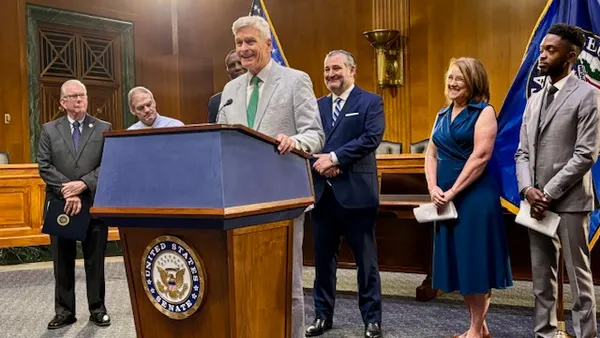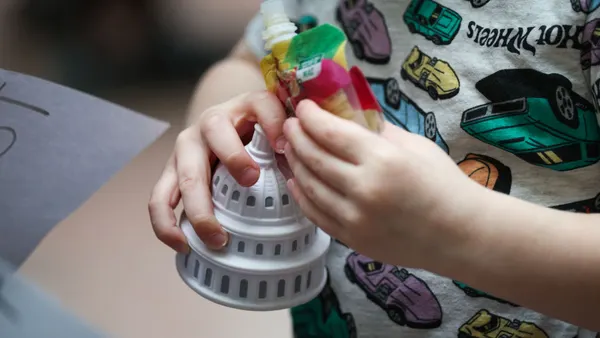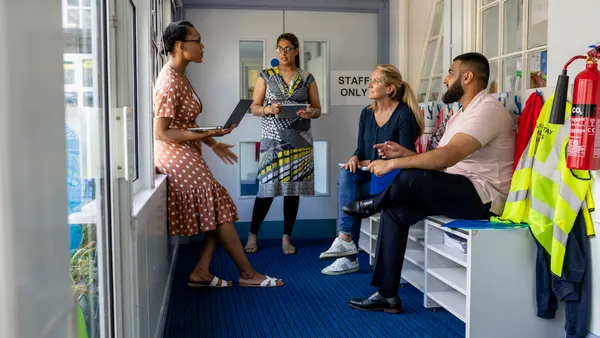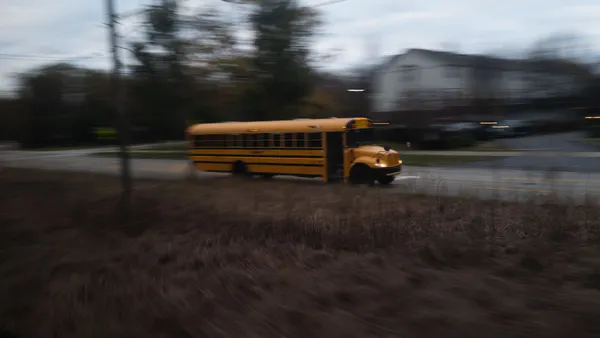WASHINGTON - As high school students at the District of Columbia's Advanced Technical Center checked the blood pressure on a mannequin during a general nursing lesson and searched the web for nefarious activity in a cybersecurity classroom, U.S. Education Secretary Miguel Cardona asked several of them why they were attending the center.
Many of the students said they were motivated by the real-life career experiences they would receive while still in high school. Several others said they liked the challenge of the advanced career-focused work and the opportunity for paid internships in their professional focus areas.
Cardona said those reactions are fueling efforts in the U.S. Department of Education to expand career and technical education programs to all communities amid growing recognition of the benefits for student engagement and postsecondary college and career preparedness.
"We want to lift this up," he said after visiting the classrooms. "This is where we need to go in all schools across the country to meet the demand that's out there. But also more importantly, to give students opportunities to believe in themselves."
The secretary's visit to the D.C. center was in coordination with a Jan. 24 announcement of $25 million in grant awards to career-connected high schools by the Education Department. D.C.'s Office of the State Superintendent of Education received a $1.13 million grant, which will add up to $4.1 million over the next three years, according to OSSE.
CTE programs are gaining traction nationally as school systems seek to build student engagement and postsecondary preparedness through hands-on and practical coursework. Federal COVID-19 emergency funding offered a financial launch pad to create or expand programs. Some states have also prioritized CTE funding in recent years.
During a recent congressional subcommittee hearing, lawmakers and panelists touted CTE benefits but also discussed roadblocks to CTE expansion, including college-for-all stigmas and a lack of CTE teachers and funding.
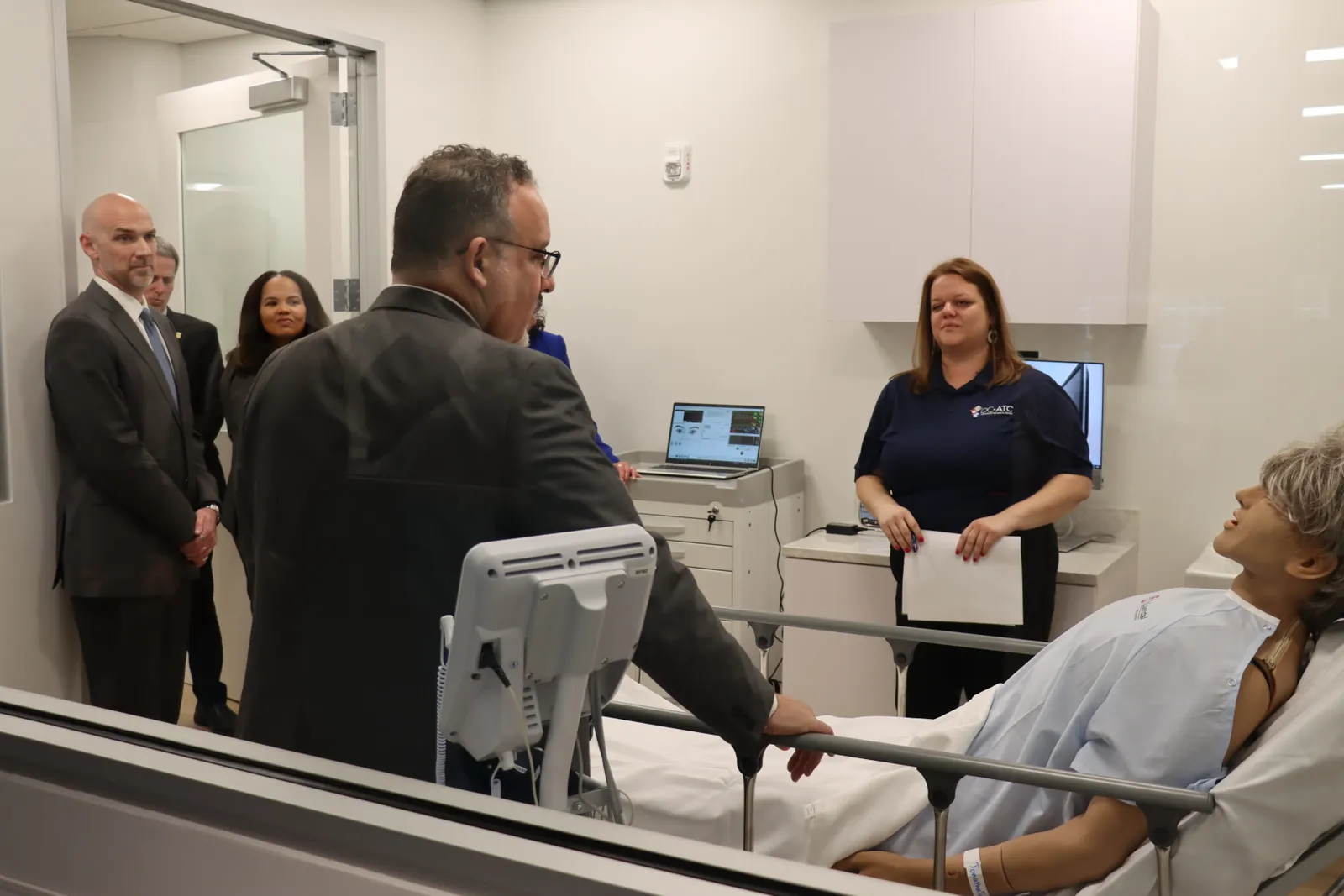
A sense of belonging
Eighteen D.C. high schools offer CTE programs in various concentrations like hospitality, civil engineering and architecture, biomedical science, and Junior Reserve Officers' Training Corps. However, the D.C. ATC program is a new district-wide program that offers two-year, four-course dual credit pathways in cybersecurity, health information technology and general nursing.
The program, which is in its second year and opened its $10.3 million campus this school year, serves nearly 200 students from 15 different schools. There is no cost to students to attend. Most students can access public transportation to get to and from the ATC campus for morning and afternoon courses.
With the new grant, leaders plan to increase the number of students to 300.
Under the leadership of Principal Andrea Zimmermann, students from the 2022-23 school year earned 740 college credits equalling $570,000 in college tuition. Additionally, students who took classes at the ATC last school year attended nearly 13 more days of school on average compared to their peers, according to OSSE.
Deon Witcher, a junior studying cybersecurity, said he heard about ATC from friends. He said the administration is caring, and that he likes the engaging classes and clean, modern building.
"I feel like I belong," Witcher told Cardona.
Senior Teresa Jimenez Marcos, who is studying nursing and had a paid internship last summer shadowing doctors and other medical professionals at Georgetown University School of Medicine, said she hopes other students try the ATC program.
She said she is often nervous to try new things, but when she does, the experiences are worth it — just like her participation in ATC, she said. "I just want future generations to take that leap of faith.”



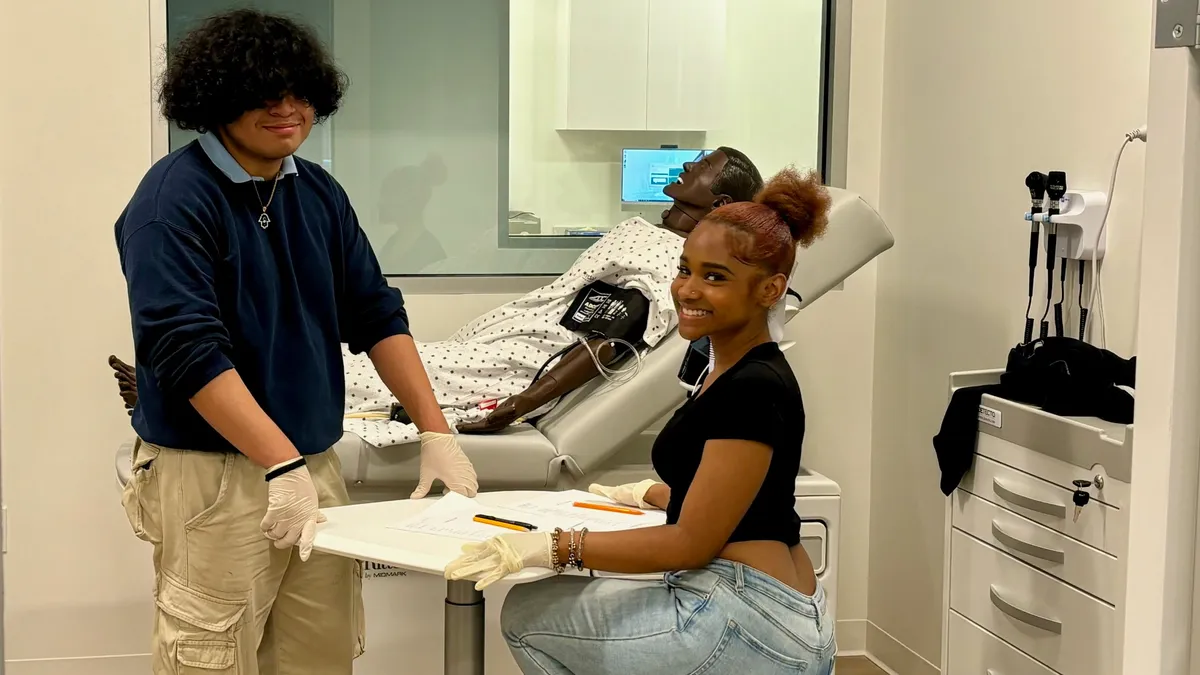




 Dive Awards
Dive Awards


